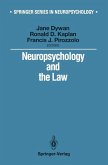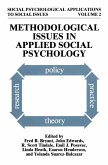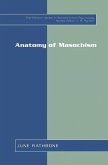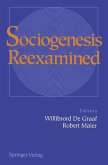Hope has been called the "life blood of the soul", an indispensable condition for human existence. Yet evidence in this book suggests that hope is neither a necessary nor a universal part of life. Rather, hope is constituted in accordance with cultural norms, and hence it may vary fundamentally from one society to another. In the first of four studies, Averill, Catlin, and Chon delineate four classes of rules that help constitute hope in Western societies. A second study examines the similarities and differences between hope and other, more prototypic emotions, such as anger and love. The third study uses content analyses of maxims and metaphors to clarify further the Western model of hope. In the fourth study, hope is compared with himang, its closest counterpart in Korea. The results of these studies provide the basis for an analysis of the functions of hope, on both the individual and social levels. But this book is not simply about hope. It is also about emotions in general. Current psychological theories focus on emotions that have distinct physiological components (e.g., fear and anger) and that can be investigated using animal models. As a consequence, our theories have a strong biological orientation. How would our theories change if they were to encompass more cognitively oriented emotions, such as hope? Rules of Hope provides some answers to this question.
Dieser Download kann aus rechtlichen Gründen nur mit Rechnungsadresse in A, B, BG, CY, CZ, D, DK, EW, E, FIN, F, GR, HR, H, IRL, I, LT, L, LR, M, NL, PL, P, R, S, SLO, SK ausgeliefert werden.









